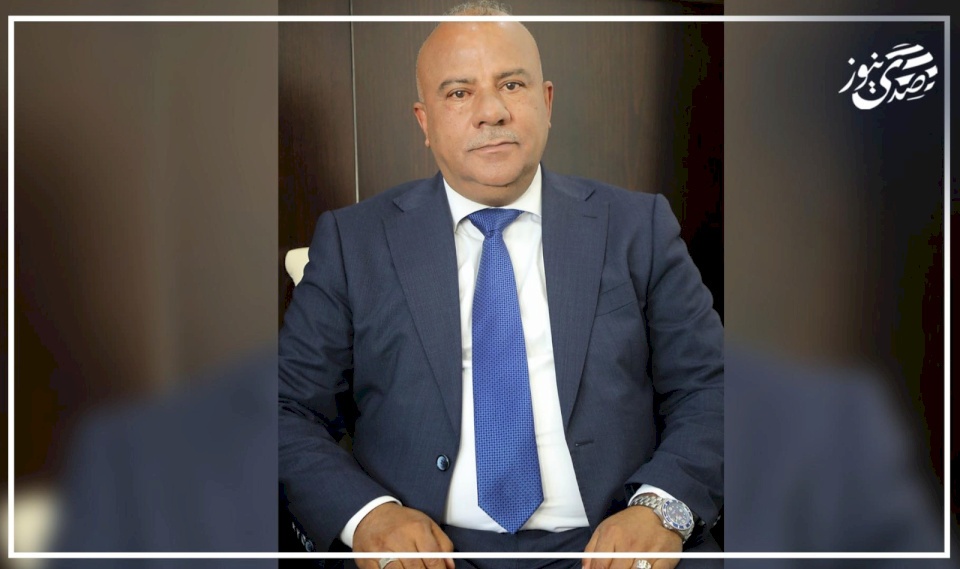
The Land Between Memory and Future: Confronting Annexation Plans with Resilience and Will
The acrobatics and aerial jumps of the extreme right regarding the annexation of Palestinian lands are neither new nor surprising. Decades have passed in front of a recurring scene: announcements, maps, the construction of settlement roads, the confiscation of olive and wheat fields, and surrounding Palestinian cities with belts of reinforced concrete. However, history, as a mirror of memory and a laboratory for the future, proves that occupation, no matter how extensive, remains a transient phenomenon compared to the deep-rootedness of people on their land.
Today, leaders of the extreme right speak of annexing more than two-thirds of the West Bank, transforming Palestinian cities into besieged islands amidst a sea of settlements. The scene may seem grim, as if Palestine is reduced to scattered markers without geographic depth. But those who read Palestinian and global history understand that such projects are merely rounds in a longer struggle, one that is not settled by concrete or military maps, but by the collective will of the peoples.
In recent history, the Algerian people faced a French settlement that lasted for more than 130 years, during which Paris planted thousands of settlers and established infrastructure to erase Arab existence. Nevertheless, the Algerian did not disappear from his land, nor did the colonizer succeed in breaking the identity. In South Africa, the apartheid regime attempted to isolate the black majority in "Bantustans" similar to what the occupation is drawing today for the Palestinians. However, survival and resilience ultimately turned the equation around. These comparisons are not a consolation but a scientific social reading of the law of history: settlements fall if the land's owners remain rooted.
From the perspective of political sociology, a homeland is built not only by the borders drawn on maps, but by collective memory and inherited consciousness. The occupation always tries to confiscate land to break awareness, but the Palestinian still plants his olives even in the harshest conditions. The olive tree is not just a crop but a cultural act of resistance, proclaiming that this land will remain a testament to the presence of its people, no matter how the policies of occupation change. Every stone in Jerusalem, every spring of water in the Jordan Valley, and every school wall in Hebron transforms into a historical text resisting erasure.
We do not deny that reality is difficult: settler terrorism everywhere, land confiscation, threats of violence and primitive brutality, and daily harassment. But that very difficulty can transform into a source of strength. The Palestinian community, with its experience stretched over a century of confrontation, has the ability to turn pain into collective action. From every house demolished, a new initiative for reconstruction rises. From every besieged village, protection committees and solidarity frameworks emerge. And this is the deeper meaning of resistance: turning wounds into energy for life.
The Israeli right has always assumed that annexation draws the imagined end in a sick mind, but it naively and foolishly ignores that all this is meant to open a new beginning for reclaiming rights, revealing to the world the ugly face of its blatant apartheid system. In this sense, the occupation itself accelerates the moment of Israel's international isolation and pushes towards reshaping the global stance. The world may be slow, but in the end, it cannot accept a system based on discrimination and plunder.
Palestine, my friends, has never been just a geographical issue, but a matter of justice, rights, and existence. Those who read history understand that the occupation will eventually come to an end, no matter how long it takes. The Palestinian people, with their deep memory and rooted determination, will not allow their land to turn into a silent void. Instead, it will remain a place of people, olive trees, and songs, all proclaiming that impossible annexation will not erase Palestine from the map or from the collective consciousness.

Take Him and Restrain Him

Will America Strike Iran? An Extensive Reading of Regional and International Conflict

Netanyahu and the Second Phase: Between Halting Progress and the Test of the Palestinian R...

Ukraine in European Calculations: Managing the Conflict Rather Than Engaging in It

Is There Any Point in the Continued Existence of the Palestinian Authority?!

There Is More to Do Than Push the Palestinian People to Suicide

Does the Peace Council Align with Palestinian Legitimacy?

